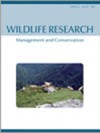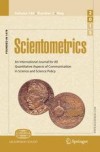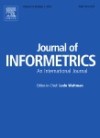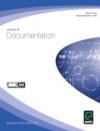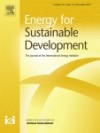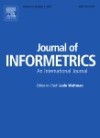Martinez-Jauregui M., Herruzo A.C., Campos P. & Solino M. (2016) Shedding light on the self-consumption value of recreational hunting in European Mediterranean forests. Forest Policy and Economics 69: 83-89
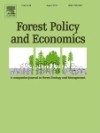
Abstract. This paper proposes a novel approach for simulating the price of hunting self-consumption by owners in the experimental Agroforestry Accounting System (AAS).




